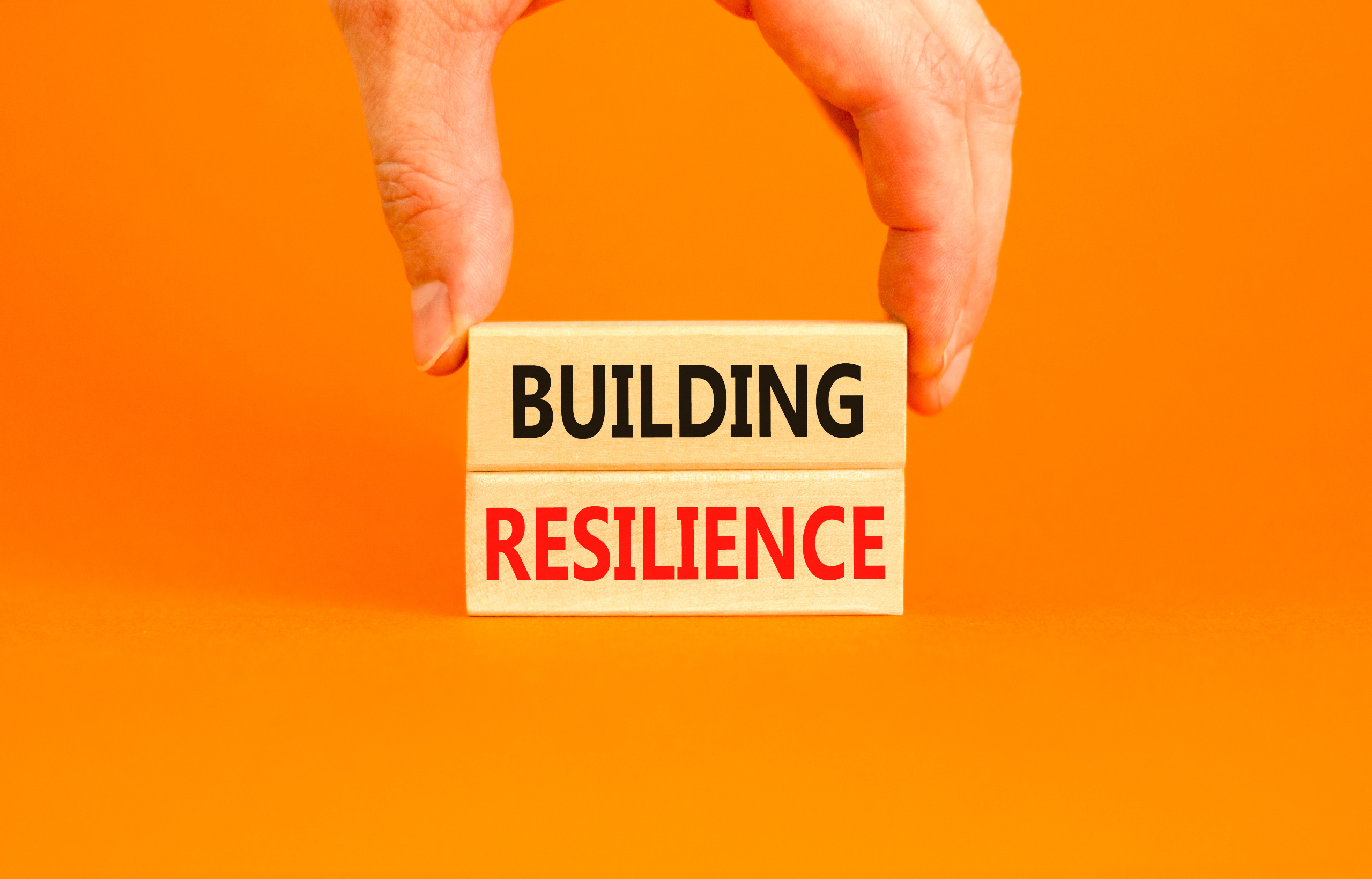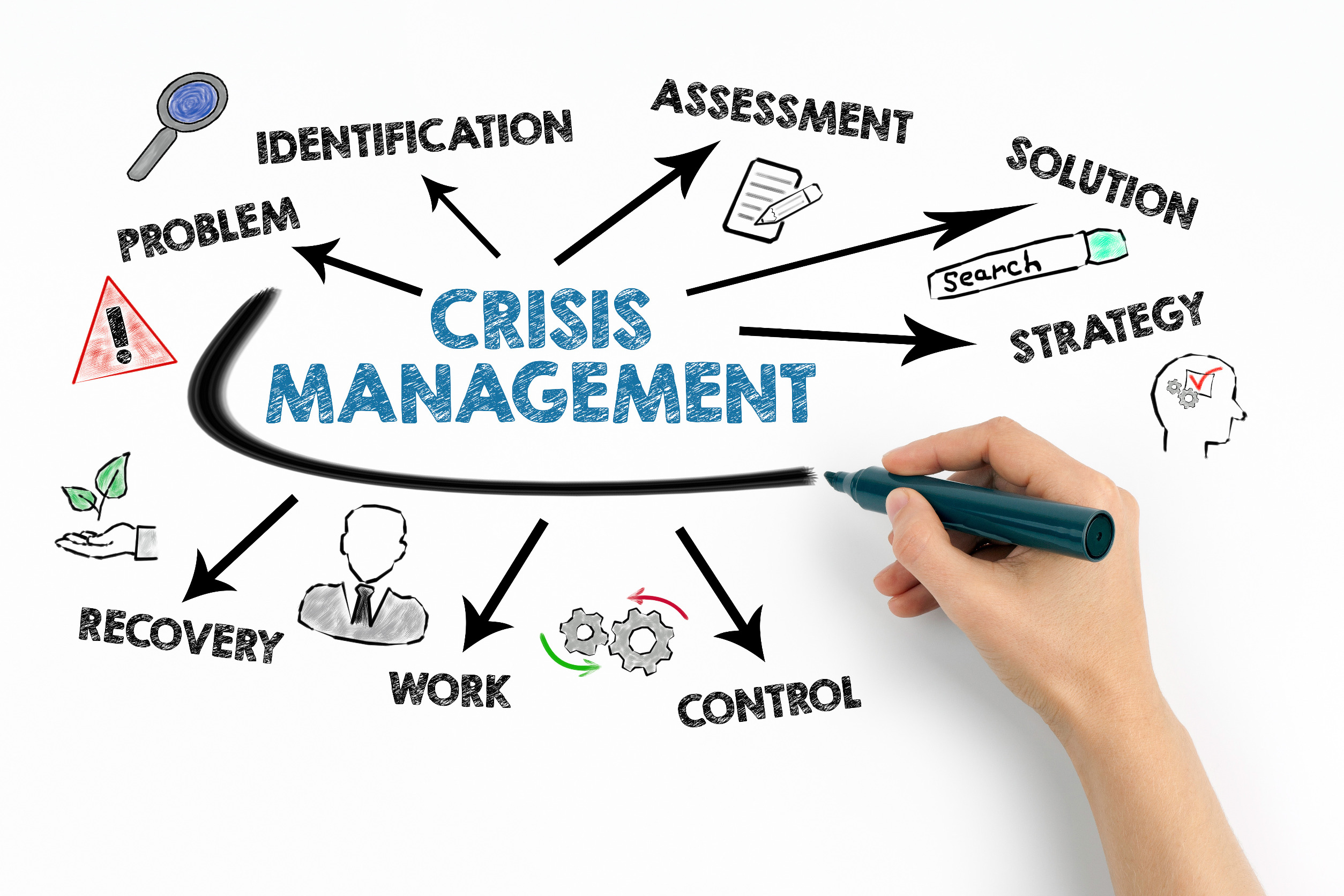It is estimated that the number of freelancers and independent contractors will more than double to 7.6 million workers by 2020. No industry is protected from this dynamic shift in the workforce; it is likely that every profession will feel its impact to some degree. While people tend to talk about the gig economy in terms of millennials, it is actually a much more diverse population; it spans generations and includes blue collar, white collar, and professional workers.
The gig economy will significantly shift the human landscape of our organizations and introduces new challenges to us as change practitioners. On the one hand, gig workers can ease some of the challenges of change; those who aren’t going to make the needed adjustments are (relatively) easily replaced. On the other hand, those who remain as employees are more vital to the stability and long-term viability of the organization. Their value—and power—in the organization will rise, introducing perhaps a new dynamic for us as change practitioners to address.
The authors of this overview provide the following advice. “By staying flexible, playing by the rules, collaborating with others as needed, and balancing innovation with the tried and true, business owners and their employees position themselves to adapt and thrive in the on-demand economy.” We have a responsibility to help our clients do so; and, we have a responsibility to prepare ourselves—and our change toolkits—for the changes the gig economy fosters.
https://www.tsheets.com/resources/gig-economy-business-owner

Brian Gorman is the Managing Editor of Change Management Review™. In this capacity he regularly curates articles of importance to our readership; contributes original writing; hosts podcasts; and works with guest authors.
For more than five decades Brian has been engaged in—and a student of—change at the personal, organizational, and societal levels. During this time, he has worked with both individuals and organizations (ranging from solo practitioners to Fortune 100 businesses), guiding them through a wide array of challenges. Decades of experience have given him a deep appreciation of the universal patterns that underlie successfully navigating even the most difficult changes.
In addition to his work as our Managing Editor, Brian is a transformation coach, supporting both individual and organizational change. Brian is committed to passing his “lessons learned” on to others, so that their change journeys can advance more smoothly. He is a frequent workshop facilitator and public speaker. Brian is the author of “The Hero and the Sherpa,” a chapter in the online Handbook of Personal and Organizational Transformation (Springer Publishing; Judi Neal, Editor). He also has an extensive library of blog posts, articles, and videos on the change journey, including “The Ten Most Important Lessons I Have Learned Over 50 Years of Engaging Change.”
Mr. Gorman’s formal education includes a BA in Cultural Anthropology from Syracuse University, an MA in Higher Education Administration from the University of Texas, San Antonio and an MA in Human Relations from the University of Oklahoma.
Brian is an International Coach Federation (ICF) certified coach, and is an active member in the New York City chapter. Brian is also a member of the Forbes Coaches Council and the Gay Coaches Alliance.

























